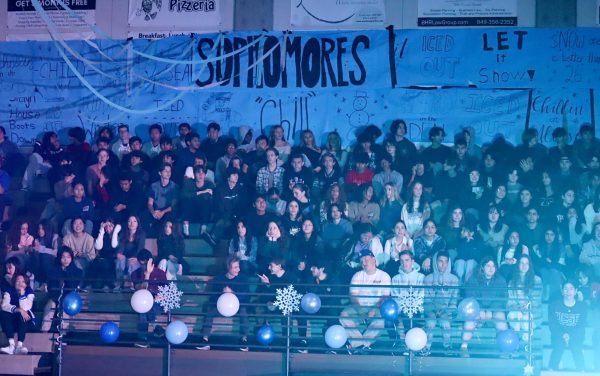The Danger of a Stricter Dress Code
The issue surrounding a stricter enforcement of dress code at Aliso Niguel High School has been one of high controversy. It is not difficult to see the overwhelming presence social media has had on adolescents, especially teenage girls. Many feel as if they are under a pressure to conform to online influences to act and dress in a more mature fashion at an increasingly younger age. However, a stricter regulation of dress code at our school will only add to the pressure that has been instilled in young women to alter what they wear to fit the agenda of others.
The act of getting dress coded in itself is something that has the potential to cause embarrassment for students. Being targeted and openly confronted about how your clothes make others uncomfortable to an extent where you need to change greatly lowers the self esteem of the person being dress coded. By policing the bodies of female students, they are forced to live their school life constantly worrying about how appropriate their outfit is.
Chloe Brousett (11) explains that students “are more willing to participate in school if they feel more comfortable.”
If the student truly does need to be spoken to regarding their clothing, it’s crucial that faculty do it in a private area that does not further ostracize the student.
A strict enforcement of dress code perpetuates the idea that female students are the ones that are having to change to avoid being a distraction to other students. From the beginning of their time in school, young female students have been instilled with the principle that their bodies are constantly being sexualized and makes them personally responsible for preventing this behavior from their peers.
Furthermore, in most cases a dress code disproportionately affects curvier bodied people than their skinnier counterparts. Even while wearing the same article of clothing, curvier people are substantially more likely to have attention drawn to them. This creates an environment where these women are continuously reminded of how those around them inherently view their bodies in a sexual way and forces them to carefully consider their clothings in a way that would not be a problem for others.
Wendy Chavez (11), argued that if “showing skin is so much of a problem we need to educate those who are distracted by it.”
When it comes to understanding and combating a need for a dress code and the negative effects it can have on female youth, it is crucial that it begins with education and not punishment.

Ashley is a senior at Aliso Niguel High School. This is her third year writing for the Growling Wolverine Newspaper and she is now a Senior Editor. In...













